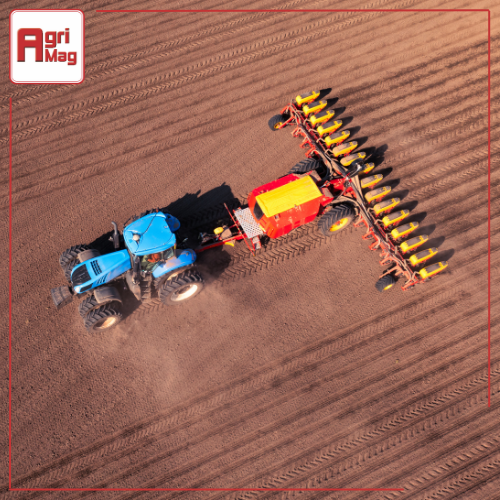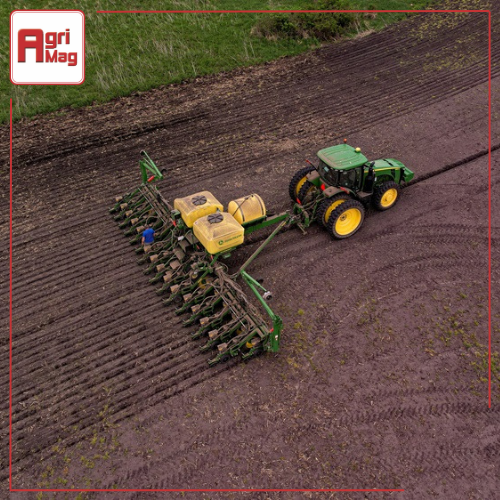
Understanding the Importance of Row Planters in Agriculture
Date: 19/07/2023
The importance of row planters in agriculture cannot be overstated. These innovative machines have revolutionised the way farmers plant crops, particularly in the context of South Africa's diverse agricultural landscape. From maize to soybeans, seed drills play a pivotal role in optimising planting processes, ensuring uniform seed placement, and ultimately, boosting crop yields. In this article, we delve into the significance of row planters in agriculture and explore how they contribute to sustainable farming practices. Get notified whenever a new listing is added on AgriMag by creating an alert.
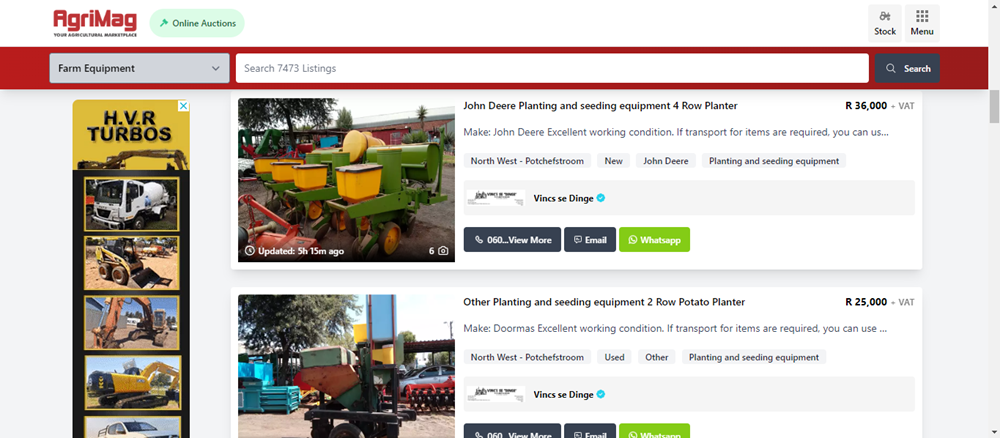
Advantages of Row Planters
Precision Planting: Row planters ensure precise seed placement, optimising plant spacing and minimising seed wastage. This precision promotes uniform crop emergence and growth, leading to higher yields.
Time Efficiency: With seed drills, farmers can cover large swathes of land in significantly less time compared to manual planting methods. This time efficiency allows for timely planting, crucial for maximising crop potential and minimising the risk of yield losses.
Resource Conservation: By accurately dispensing seeds at predetermined intervals, these planters help conserve seeds and other resources such as fertilisers and water. This not only reduces input costs but also promotes sustainable farming practices.
Weed Control: Row planting facilitates the implementation of weed management strategies such as inter-row cultivation and targeted herbicide application. The uniform spacing between rows created by these planters makes it easier to control weeds, minimising competition for nutrients and sunlight.
Versatility: The planters are versatile tools that can accommodate various crop types and planting configurations. Whether sowing large-scale monocultures or diverse crop rotations, planters can be adjusted to meet the specific needs of different farming systems.
Challenges and Considerations
While row planters offer numerous benefits, their effectiveness depends on factors such as soil type, terrain, and crop variety. Proper maintenance and calibration are essential to ensure optimal performance and seed placement accuracy. Additionally, initial investment costs may pose a barrier to adoption for some small-scale farmers, highlighting the need for targeted support and incentives.
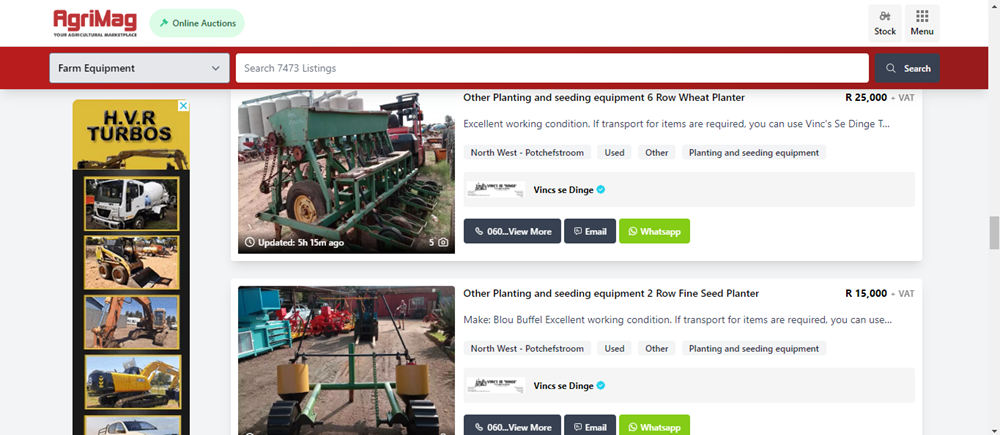
Exploring the Future of Row Planters
Looking ahead, the role of row planters in agriculture is poised to expand further as technological advancements continue to drive innovation in farming practices. Emerging technologies such as precision agriculture and digital farming are transforming the way seed drills operate, offering enhanced capabilities for data-driven decision-making and real-time monitoring.
Precision Agriculture: The integration of GPS technology and precision farming techniques holds tremendous promise for optimising row planting processes. By precisely mapping field conditions and tailoring planting operations accordingly, farmers can maximise resource efficiency and crop yields while minimising environmental impact.
Digital Farming Solutions: The advent of digital farming platforms and smart farming technologies is revolutionising how row planters are managed and operated. From remote monitoring and control systems to predictive analytics and machine learning algorithms, these tools empower farmers with actionable insights to optimise planting strategies and maximise productivity.
Sustainable Agriculture Practices: In an era of increasing environmental awareness and climate change concerns, these planters play a crucial role in promoting sustainable agriculture practices. By facilitating conservation tillage and soil health management techniques, such as cover cropping and crop rotation, row planters help preserve natural resources and mitigate the adverse effects of conventional farming practices.
Read: Promoting sustainable farming practices in South Africa
- Empowering Small-Scale Farmers: Despite their many benefits, these planters have historically been out of reach for many small-scale farmers due to cost and accessibility constraints. However, initiatives aimed at promoting mechanisation and providing financial assistance to smallholder farmers are helping bridge this gap, enabling more farmers to adopt row planting technology and reap its rewards.
All in all, the importance of row planters in agriculture cannot be overstated. These innovative tools empower farmers to achieve higher levels of efficiency, productivity, and sustainability in crop production. By embracing row planting technology, farmers can overcome traditional planting challenges and unlock the full potential of their land, contributing to food security and economic prosperity for generations to come. Make an alert to get informed each time a new listing is added to AgriMag.
Categories:
Common category
Category Search:
Latest articles:
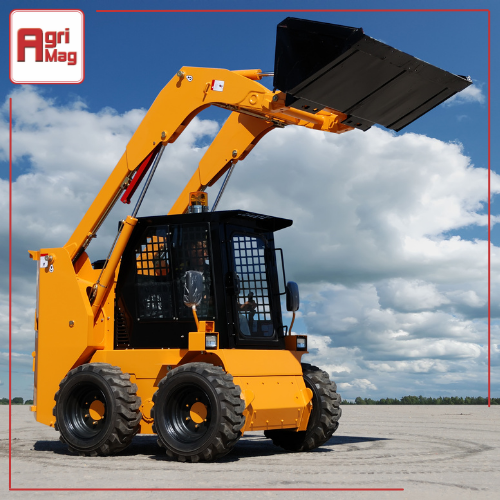
What to Look for When Buying a Skidsteer Loader for Farming
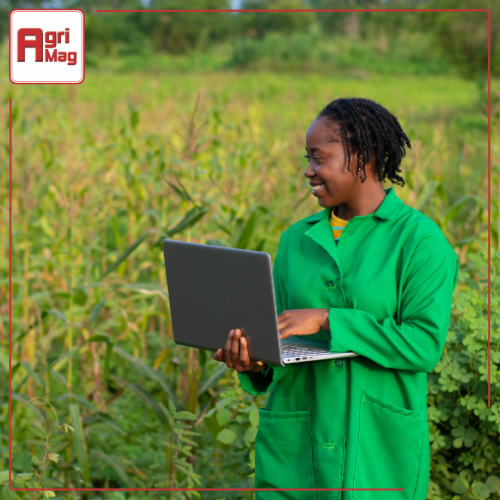
Why Planning Early for the Planting Season Pays Off
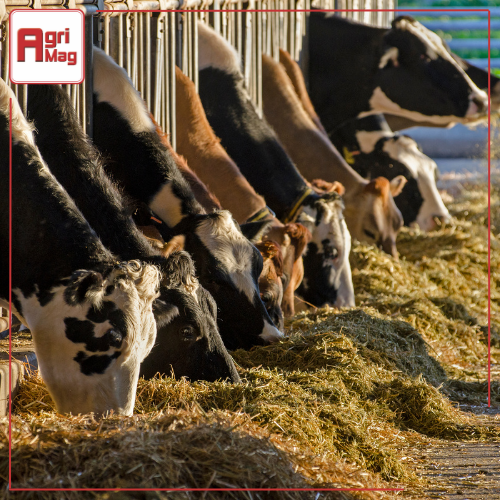
Why Winter Feed Management is Crucial for Livestock Health

